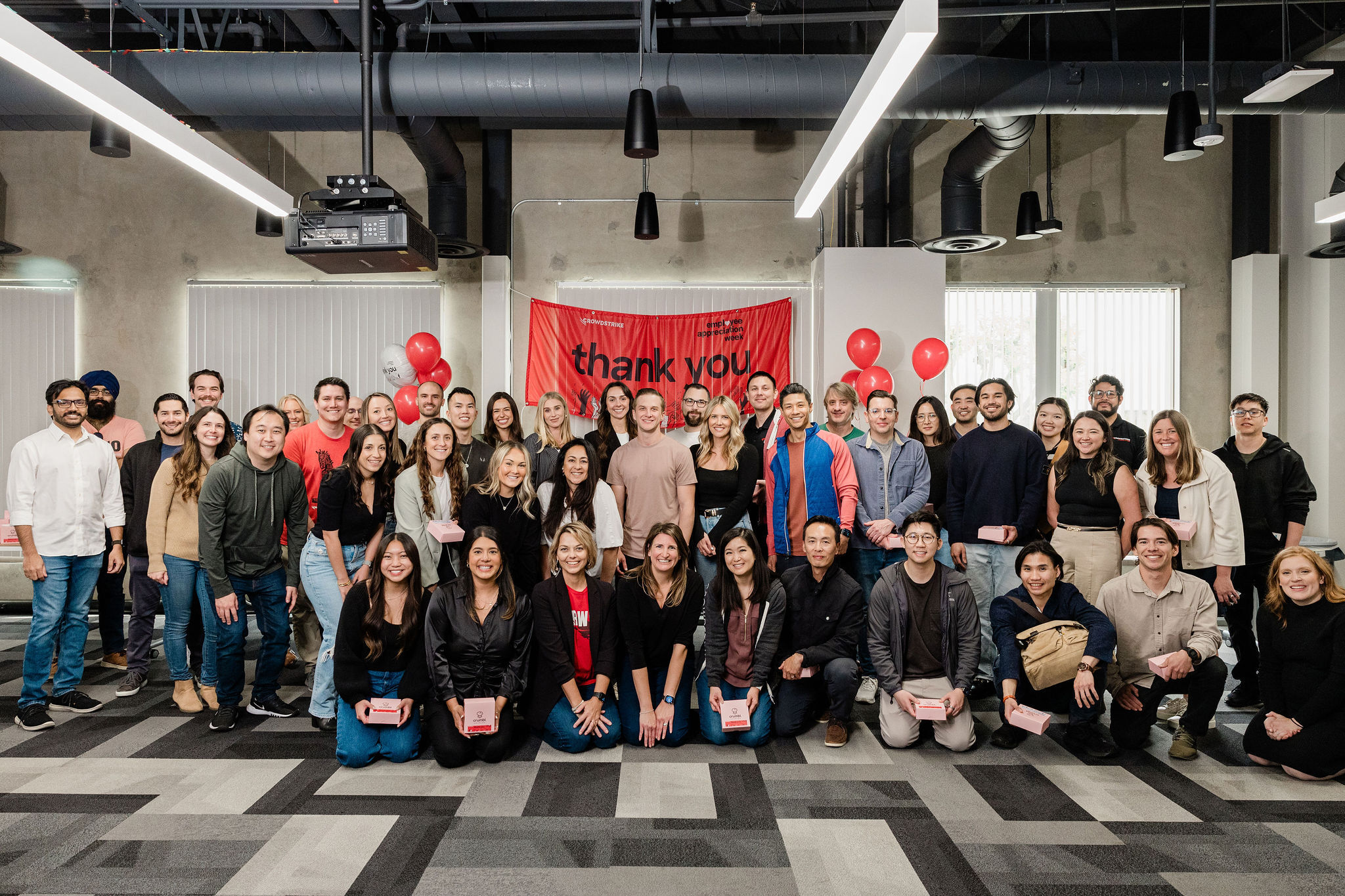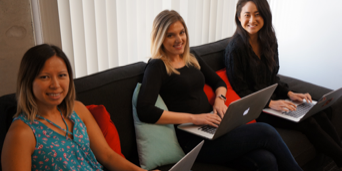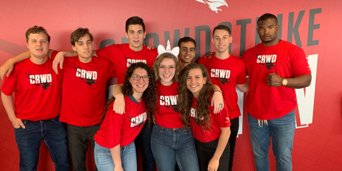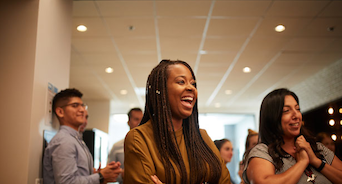Careers
Talent &
Culture Blog
Talent &
Culture Blog
Featured
The latest from CrowdStrike Careers
- 5 Questions with Rose Steingart, Senior Employee Experience Specialist
How the CrowdStrike Employee Experience Comes to Life







